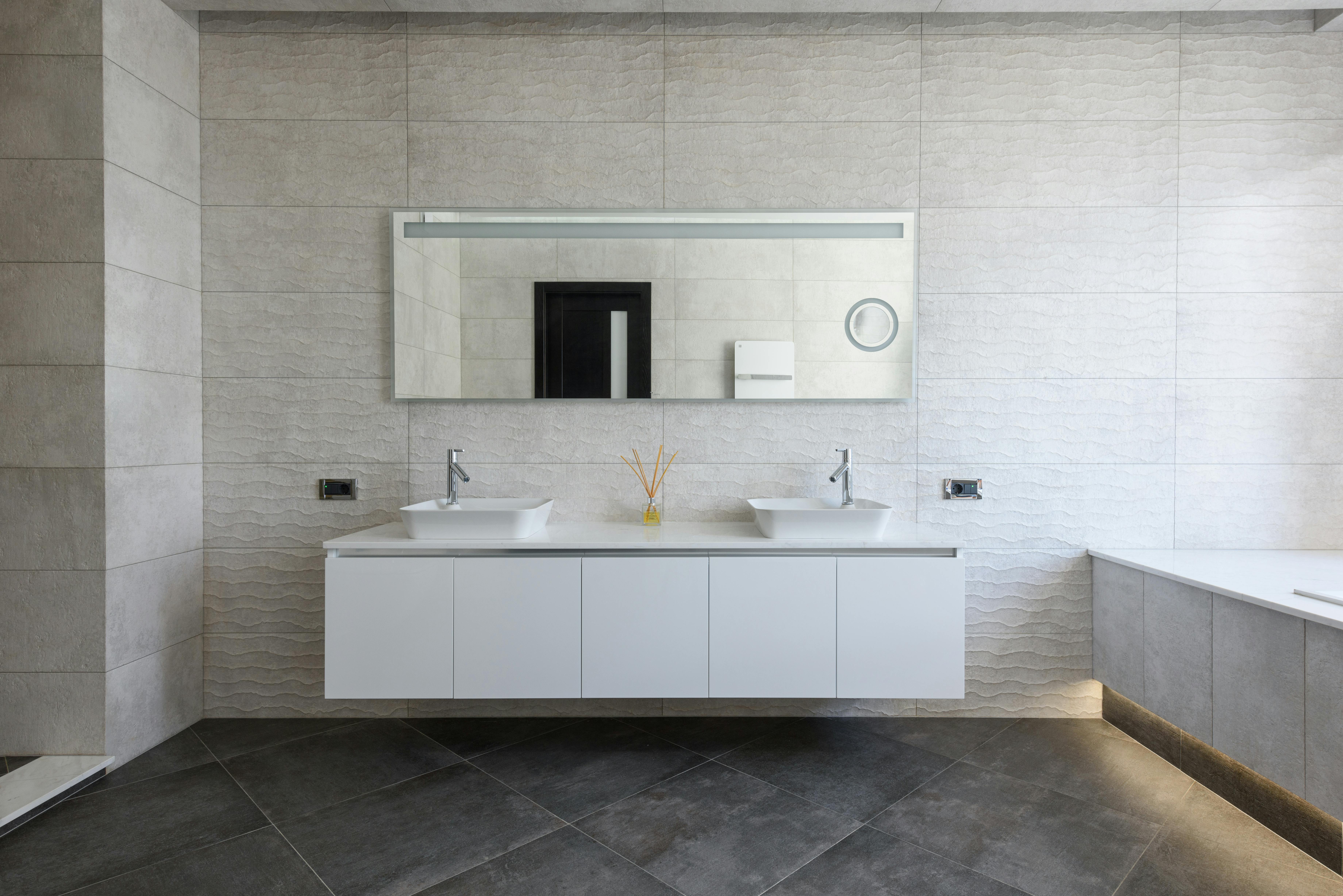
Essential Plumbing Maintenance Tips for New Homeowners Sep 18, 2025
First and foremost, familiarize yourself with your home’s plumbing system. Locate your main water shut-off valve. In the event of a major leak, knowing how to quickly turn off the water supply to your home can prevent significant water damage. Also, identify shut-off valves for individual fixtures, such as toilets and sinks, which allows you to address smaller leaks without disrupting the entire household water supply.
Regular inspections are vital. Check under sinks, around toilets, and along the base of your water supply lines periodically for moisture or visible leaks. Look for signs of corrosion on pipes, which can indicate potential future leaks. Pay attention to your water bills; a sudden increase may signal an unseen leak within your plumbing system.
Water pressure is another critical aspect that shouldn't be overlooked. High water pressure can put undue stress on pipes and fixtures, increasing the risk of leaks. Invest in a simple water pressure gauge, available at any hardware store, and ensure your home’s pressure remains between 40 to 60 psi. If you find that your water pressure is too high, consider installing a pressure regulator to prevent plumbing issues.
Don't forget about your drains. Even vigilant homeowners can face clogged drains due to grease, hair, and soap buildup. Employ homemade solutions like a mixture of baking soda and vinegar to break down these materials and keep your drains clear. Additionally, use strainers in kitchen sinks and bathroom drains to catch hair and large particles, preventing them from entering your plumbing system in the first place.
Your water heater requires attention, too. The average lifespan of a water heater is about 8-12 years, but routine maintenance can help extend its life. Drain your water heater tank at least once a year to remove sediment buildup, which can reduce efficiency and lifespan. Also, check the temperature setting on the thermostat; keeping it at 120 degrees Fahrenheit is recommended to optimize performance and conserve energy.
Preparing for winter is critical in colder climates. Frozen pipes can burst, leading to extensive water damage. Ensure any exposed pipes are insulated, especially in unheated areas like basements, garages, or crawl spaces. During extreme cold, let the faucet drip slightly to prevent freezing.
Finally, regular professional inspections are essential. Schedule annual plumbing inspections with a reputable plumbing service like Nick's Plumbing and Backflow. Professionals can identify and fix potential issues before they escalate into significant problems, providing peace of mind and safeguarding your investment.
In conclusion, proper plumbing maintenance for new homeowners extends beyond simple repairs. By understanding your plumbing system, conducting regular inspections, and performing routine maintenance, you can prevent many common plumbing problems. If you ever encounter a significant issue or need professional advice, do not hesitate to reach out to Nick's Plumbing and Backflow. Remember, a little preventative care goes a long way in maintaining the health of your home and avoiding costly repairs.
/filters:no_upscale()/media/8e3f8840-4920-4868-aa14-8833e71bae15.jpg)